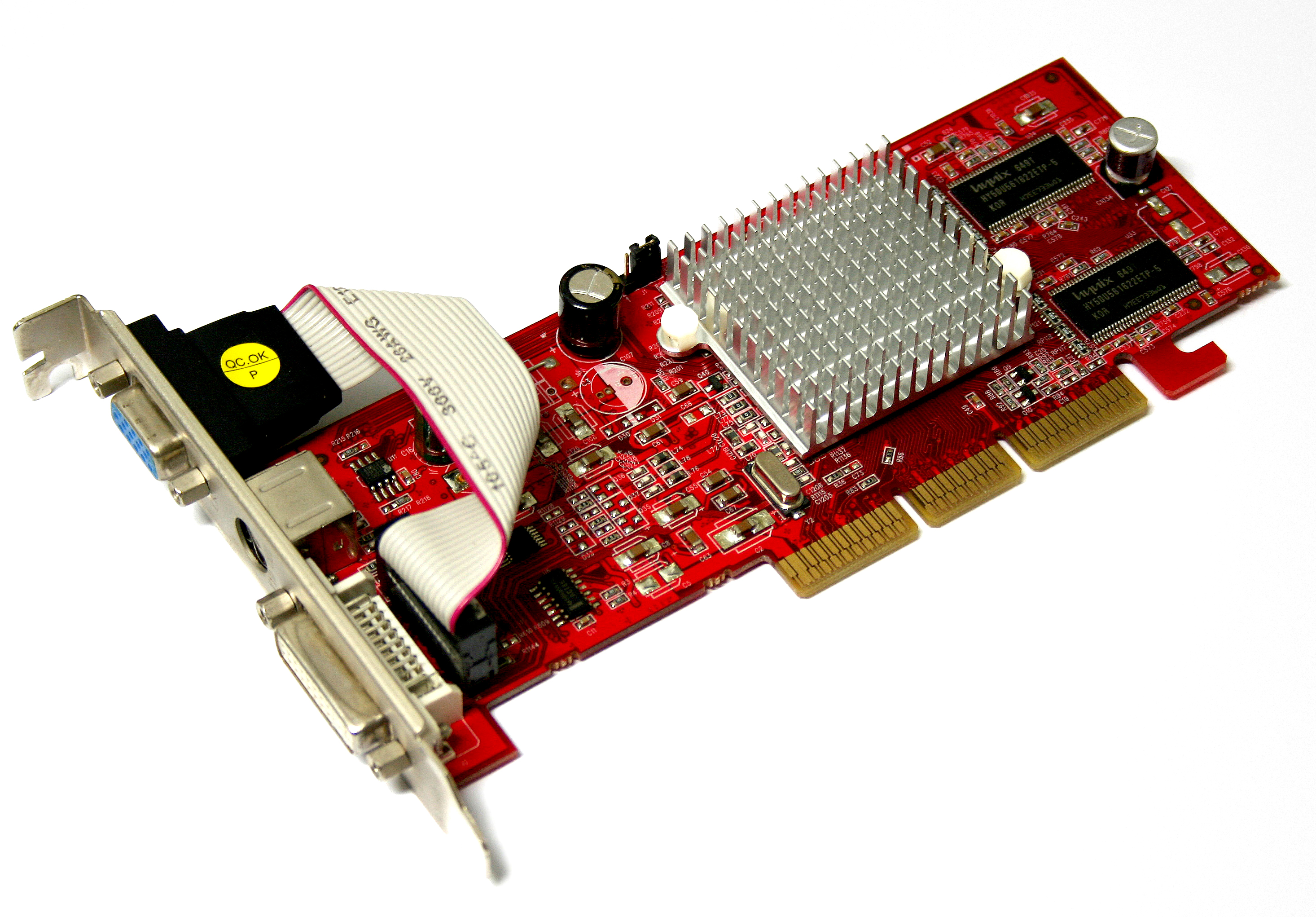Car Accident Attorney Review of Germany v. Darby
Will your accident attorney be able to seek Florida uninsured motorist compensation following a work related car accident? In the recent case of Germany v. Darby, an employee Earl Germany was injured in a car accident while driving a work vehicle. The vehicle had uninsured motorist coverage for up to $500,000 for executives and their families, but only $30,000 for all others. That includes Mr. Germany and all other employees of the company. As a result, the Court was forced to determine whether it was legal to provide varying degrees of coverage dependent upon the insureds. The Court ultimately held that different dollar values of coverage is permissible. In Florida, the uninsured motorist coverage automatically matches the bodily injury coverage, unless the uninsured motorist coverage is expressly rejected or reduced. As the Court wrestled with the language found in § 627.727(1), the Court begins first by analyzing the actual language used in the statute because statutes do not need interpretation if the language is clear and unambiguous. The statute provides that a written rejection of the coverage on behalf of all insureds or selection of a lower limit conclusively presumes that there was an informed, knowing election of the lower limits. Notably, the court held that there does not need to be a specific limit. The Court then analyzed Varro v. Federated Mut. Ins. Co. In Varro, a special endorsement allowed for UM coverage for a any director, officer, partner, or owner of the named insured and his or her family member but specifically excluded coverage for any other person qualifying as an insured. The court in that case concluded that UM rejection based on only some insureds is not permissible. However, that court also [...]







